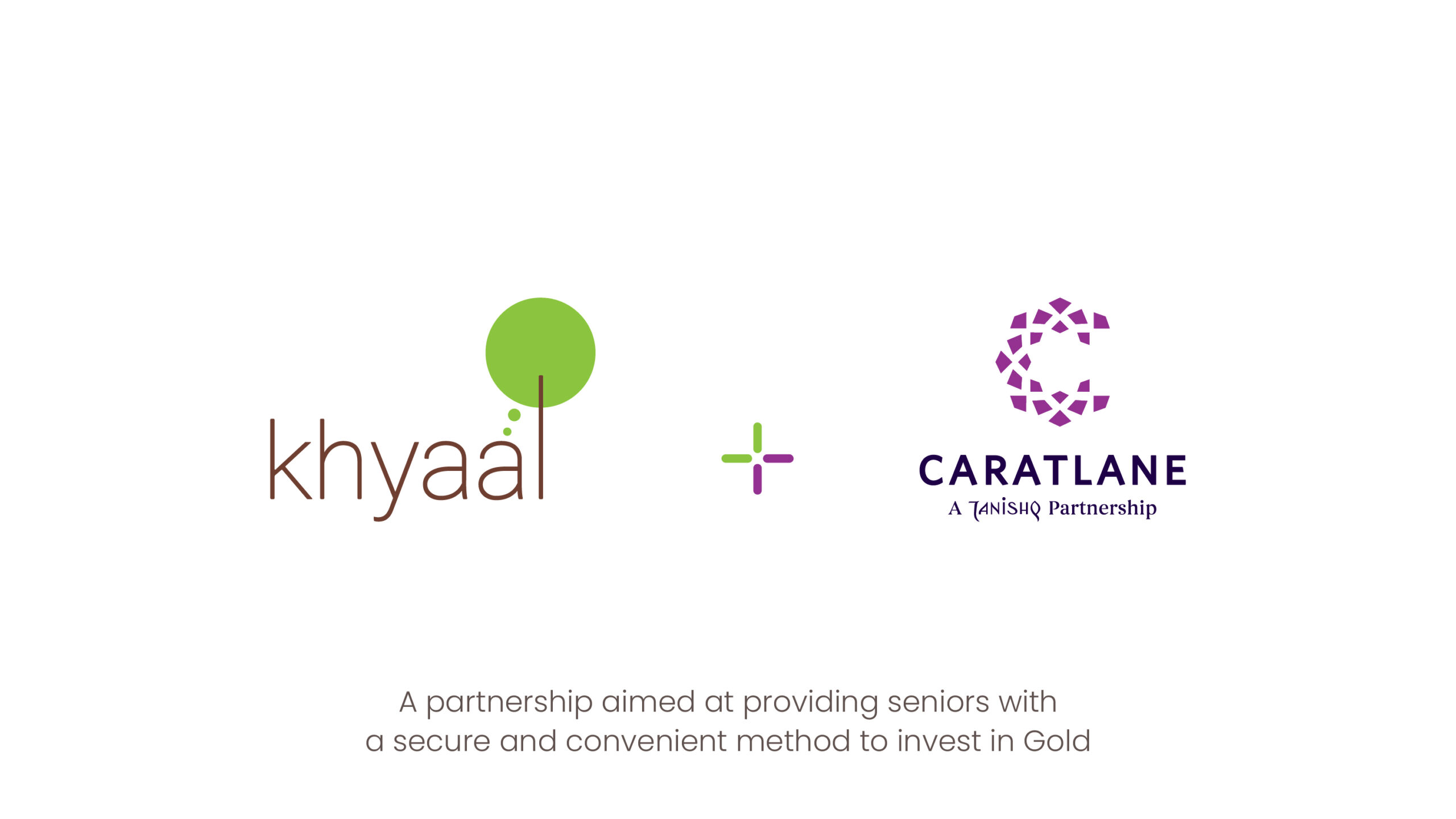While eating sugary and frozen meals can be delightful in the summer, they may be detrimental to your heart health. Some summertime blunders to steer clear of.
As summer draws near and the temperature rises daily, it’s critical that we maintain our fitness objectives, avoid giving in to the allure of cozy summer fare, and choose hydrating, gut-friendly meals instead. The Indian Meteorological Department has predicted a heatwave for the upcoming month, and high temperatures can have a negative impact on our heart health for a variety of reasons. It’s normal to have a craving for ice cream, sorbet, and refreshing, sweet drinks during this period. Consuming these drinks and frozen meals in excess can have a detrimental effect on our health by causing an accumulation of fat around internal organs such as the liver and heart. A heart attack or stroke may result from this, as well as an increase in diabetes risk and cholesterol levels.
The problem with sugary drinks
“As the name implies, sugary drinks typically have a very high sugar content. These beverages are high in calories yet low in nutrients. They are digested by the body and turned into lipids after consumption. Thus, frequent consumption of them may result in weight gain, which is undesirable. More significantly, though, is that this extra fat is stored not only beneath the skin but also inside the body, in the liver and the area surrounding the heart. Visceral fat is a specific kind of fat that poses a serious risk, according to Dr. Manish Bansal, Senior Director of Clinical & Preventive Cardiology at Cardiac Care, Medanta, Gurugram.
“Excess visceral fat harms the liver, lowers the effectiveness of insulin (a condition known as insulin resistance), increases the risk of developing diabetes, and negatively affects cholesterol levels. While HDL (or “good”) cholesterol levels decrease, the level of LDL (or “bad”) cholesterol increases. Another type of fat in the blood that increases is triglycerides. The expert continues, “All of these imbalances encourage the growth of atherosclerotic plaques, which are fatty deposits that clog arteries and reduce blood flow to the heart, raising the risk of a heart attack.
Additionally, studies have demonstrated that a high sugar diet might cause the body to experience low-grade chronic inflammation. This inflammation has the potential to worsen blood vessel wall damage and promote plaque accumulation, which in turn raises the risk of subsequent heart attacks.
TIPS TO PREVENT HEART ATTACK IN SUMMERS
Dr Bansal shares some key strategies to prioritise your cardiovascular health during the summer months:
Hydration is key: Dehydration can place significant strain on your heart. Ensure proper hydration by opting for water over sugary drinks. Carrying a reusable water bottle and refilling it regularly is a simple yet effective practice.
Mindful alcohol consumption: Summer socialising often involves alcoholic beverages. Excessive alcohol intake leads to weight gain, elevates blood pressure and weakens the heart muscle, increasing the risk of cardiovascular complications. Moderation is crucial but minimising it as much as possible is even better. Choose water between alcoholic drinks and pace yourself.
Prioritise exercise: While the summer heat might make exercise less appealing, maintaining physical activity throughout the year is vital for heart health. Explore cooler morning or evening workouts or consider indoor alternatives like swimming.















Reader Interactions